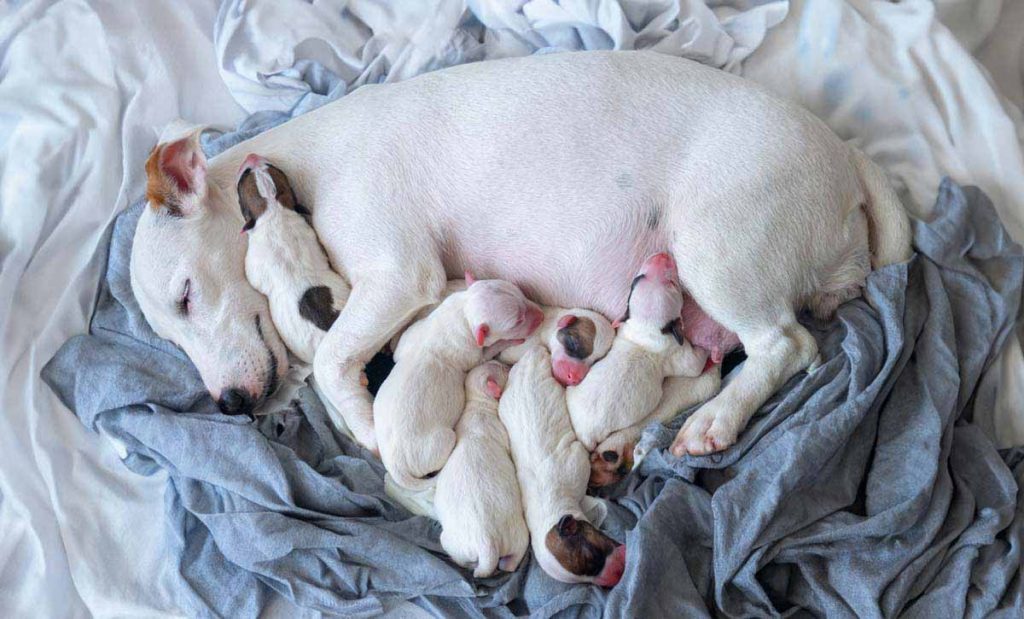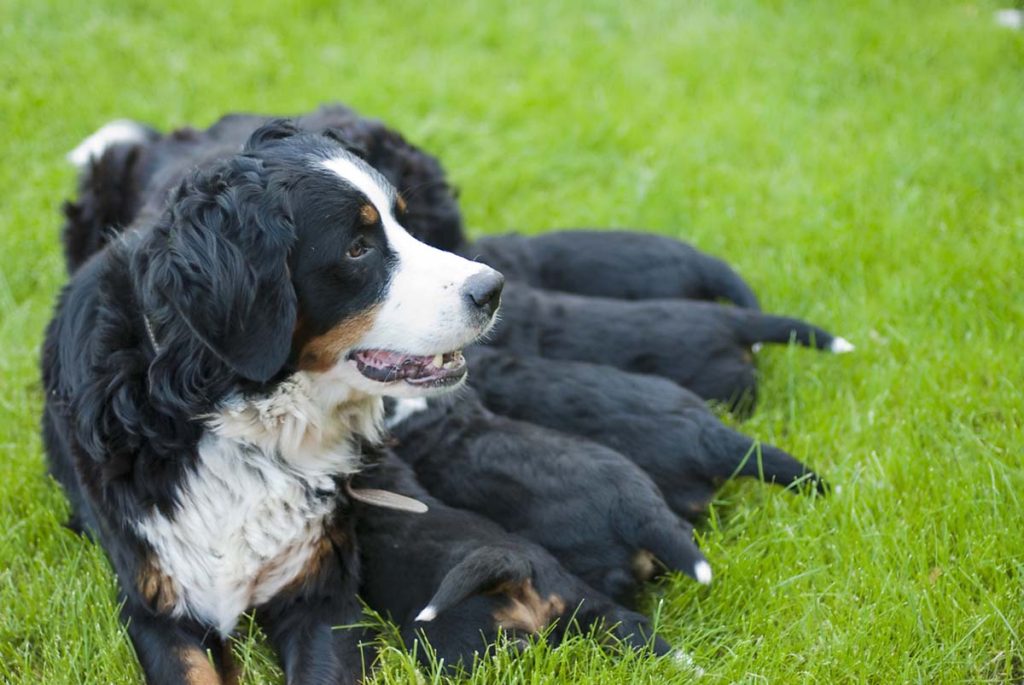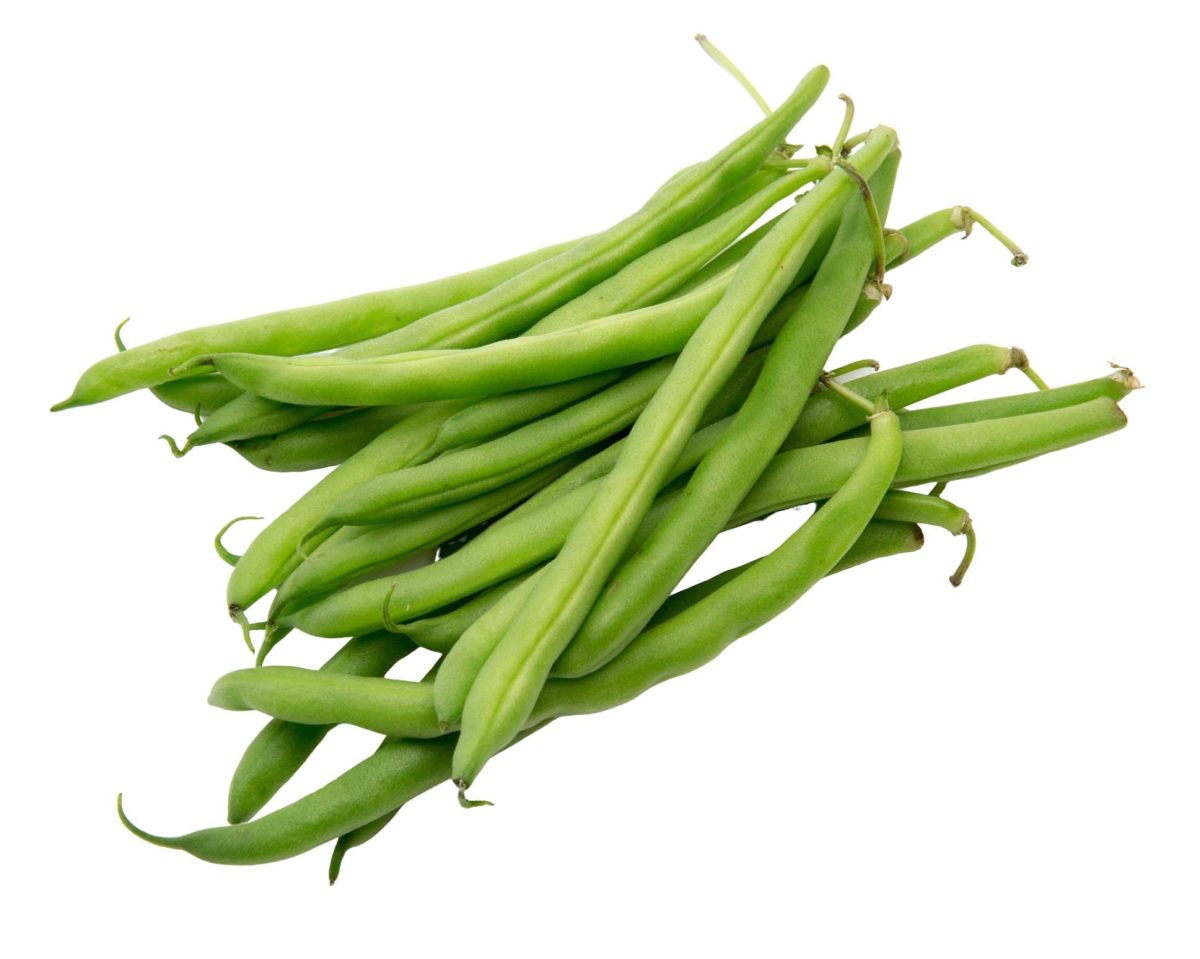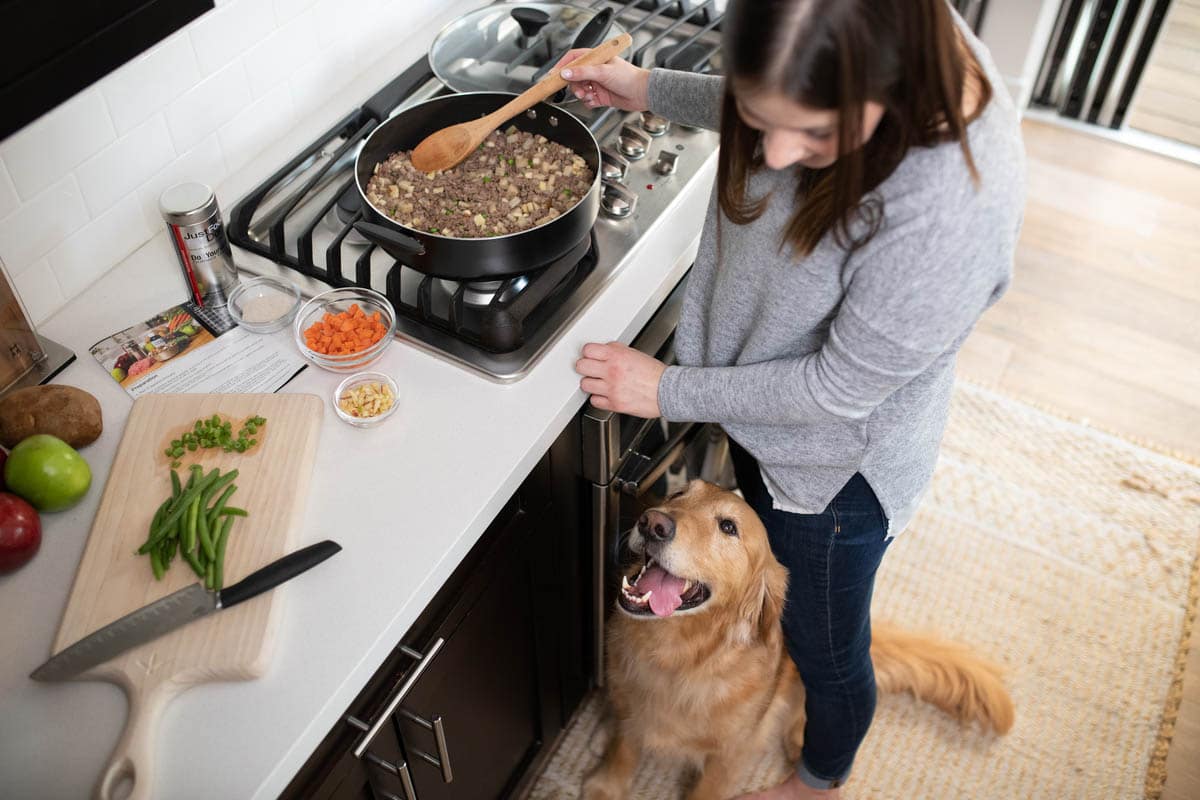Dog Food for Pregnant Dogs
The health and wellness of both mom and puppies relies heavily on diet and nutrition, so feeding pregnant dogs the right food is key.
Proper dog nutrition during pregnancy is crucial for healthy parents and pups. The wellness of both mom and puppies rely heavily on diet and nutrition. As such, feeding pregnant dogs the right food is key. Here’s what you need to know about choosing the right food for dogs who are pregnant and supporting healthy puppies from the womb to the real world.
What Is the Best Dog Food for Pregnant Dogs?
When a female dog is pregnant with pups, her nutritional requirements are a bit different. Her diet must have adequate levels of protein, vitamins, and other nutrients to foster healthy dogs with healthy immune systems into the world.
Not all dry dog food or kibble has the quality ingredients that a pregnant dog needs for a healthy diet. To give your pregnant dog the best possible nutrition, look for pet food made from whole ingredients.
How Much Should I Feed My Pregnant Dog?
The right amount of food for your dog will vary based on their age, size, and breed. Pregnant dogs have more energy requirements and need more calories to maintain a healthy weight and nutrition.
A pregnant dog’s food intake will need to be increased significantly around six weeks of pregnancy. Gestation for dogs is generally around 60 days. After week six puppies in the womb are really beginning to develop in size.
From that time until the puppies are born, the mother’s weight gain could reach 25-50%, and the portion size she needs can easily double or triple.
Some pet experts and breeders recommend giving your pregnant dog several smaller meals throughout the day instead of two large meals morning and night. With the extra space growing pups take up, her stomach will have less space for big meals.
Should Pregnant Dogs Eat Puppy Food?

Yes, puppy food is perfect for pregnant dogs! The high-calorie and dense nutrition content of puppy food is a great way to get your pregnant dog essential nutrients, vitamins, and minerals that aren’t always present in adult dog food.
Since puppy formula food is designed for those early life stages where growth and development are happening rapidly, it tends to have a lot more crucial ingredients to support healthy pregnancy and nursing in dogs.
For high-quality puppy food made from real ingredients, meals from JustFoodForDogs are vet-recommended. Only the freshest ingredients are used to create real food for dogs at every stage of life. There are absolutely no preservatives, artificial flavors, or other unnecessary additives.
A Pregnant Dog’s Food Should Include:
- Lots of protein
- Healthy carbohydrates
- Calcium and phosphorus
- Omega-3 fatty acids and DHA (docosahexaenoic acid — a fatty acid in the brain)
- Folic Acid
- Plenty of fresh water
Other Healthy Foods for Pregnant Dogs
Since your dog’s food intake will increase during one stage of pregnancy or another, it’s nice to have fruits and veggies on hand you can give them to supplement their regular dog food and provide even more delicious nutrition.
Fruits and vegetables are full of vitamins and minerals like potassium, calcium, and iron that support overall health in dogs and can be beneficial to dogs during pregnancy.
Risks of Improper Nutrition for Dogs During Pregnancy

While overfeeding is also something you want to avoid during dog pregnancy, underfeeding can be more harmful to puppies growing in the womb. Underfeeding dogs during pregnancy can cause health problems for both mom and pups when it comes to development.
Eclampsia
Pregnancy and lactation demand a lot of calcium from the mother. Developing fetal skeleton and producing calcium-rich milk both require a lot of calcium that the mother need to obtain from her diet. If a pregnant or lactating dog does not get enough calcium, eclampsia, or low blood calcium, can occur. Eclampsia is a medical emergency, and symptoms include muscle spasms, inability to walk, and seizures.
Low Milk Production
If a breeding dog doesn’t get proper nutrition during pregnancy, it will be difficult for her body to produce enough milk. It’s even more important to maintain high-quality nutrition for nursing dogs during lactation. Producing enough milk to sustain the litter is a big job for a mama pup’s body, even after whelping (giving birth). Lactating dogs may need up to twice as much of their normal food (depending on the size of the litter) to sustain their puppies.
Fading Puppy Syndrome
Growing puppies who don’t get their nutritional needs met through nursing due to their mother’s poor health can appear weak and lethargic. They may struggle to eat or nurse. They might also display poor coordination and have trouble gaining weight or muscle. Unfortunately, when conditions like this persist, puppies can die unexpectedly.
Stillbirth
If a pregnant dog’s diet lacks essential nutrition during gestation, the risk of stillbirth increases drastically. This is when the puppy dies unexpectedly while still in the mother’s womb. This happens when a pregnant dog’s body can’t keep up with the demanding stages of pregnancy and growing puppies inside her if she becomes malnourished.
Other Ways to Support Pregnant Dogs’ Wellness
While feeding the right dog food to pregnant dogs is the number one way to support their health, there are even more ways you can provide support and comfort to your dog during pregnancy.
Give Them a Quiet Resting Place
You’ve heard the term nesting, right? Pregnant dogs are likely to want to do the same thing. They’ll want a quiet, comfortable place to rest during pregnancy as much as they’ll need a space to care for and nurse their puppies once they’re born.
Keep Activity Light
Short walks and time outside are both good for pregnant dogs. They should, however, probably avoid rough-and-tumble type play. They should also avoid marathon-distance walks or runs while their body is doing such an important job.
Take Your Pregnant Dog to The Vet
Checkups by the veterinarian are important to make sure both your dog and the growing puppies are healthy, and to be sure there aren’t any conditions that could be passed down from mom to pups. Your vet can also make recommendations specific to your dog for things like dietary needs, body condition, and activity.
This content is for informational use only and does not replace professional nutrition and/or medical advice, diagnosis, or treatment. It is not a substitute for and should not be relied upon for specific nutrition and/or medical recommendations. Please talk with your veterinarian about any questions or concerns.







